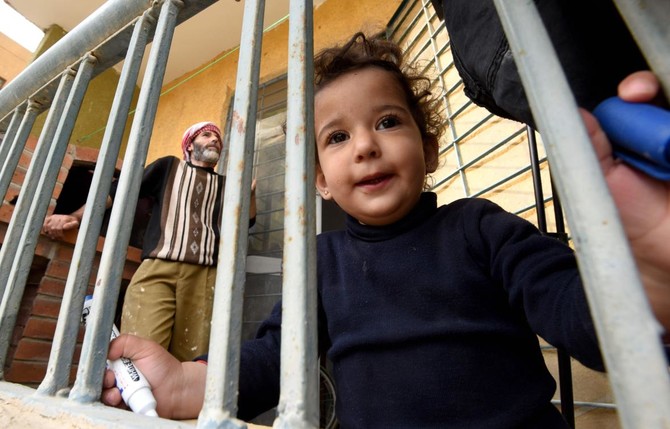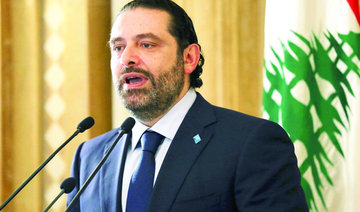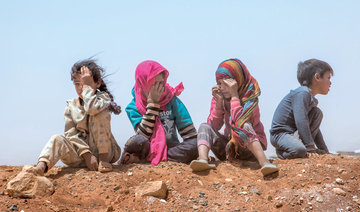CAIRO: After fleeing to Egypt from the war devastating their country, more Syrians are abandoning migration to the West fearing racism and culture shock, and instead are settling in Cairo.
Mohamed Amin, 43, had considered Egypt a gateway to Europe when he arrived five years ago.
He has since changed his mind, put off by accounts from fellow refugees who made it to the Netherlands and Canada.
“There is racism, and Western culture is very different from our Muslim and Arab culture even if the quality of life is better,” said the father of four who owned two bakeries in the Syrian town of Muadamiyat Al-Sham.
He is now trying to supplement his income with a bakery he set up on his apartment balcony.
Ayman, who requested his full name not be used, said he was shaken by a January shooting in a Canadian mosque that killed six worshippers.
“When I heard about the (Quebec City) attack, I felt unsafe and worried. At least here I can go to the mosque safely.”
The two men are among the 120,000 Syrians in Egypt registered as refugees with the United Nations.
The Egyptian government estimates there are altogether half a million Syrians in the country.
Going back to Syria at the present is also not an option.
The conflict has killed more than 320,000 people, uprooted more than half the population and forced over five million to flee abroad since it erupted six years ago, and it shows no sign of abating.
Amin says he will not leave Egypt “except to Syria when things settle down.”
“I don’t feel like a refugee in Egypt. The language, norms and traditions are the same,” he said.
His mother-in-law, Umm Haitham, agrees.
“I feel like I’m living in my country. Since the start I was for staying in Egypt.”
Mohamed Fawaz, 44, said he “held a temporary job waiting for the day the (UN refugee agency) informs me of the travel decision.”
But those who made the move “warned me of the illusions around traveling to Europe,” he said.
Fewer Syrians also have been trying to migrate illegally to Europe in dangerous Mediterranean voyages that have claimed thousands of lives.
“Fewer Syrians are leaving now. Syrians represented one percent of those arrested attempting illegal migration in 2015, which is a sharp drop compared with 2013 and 2014,” said Tarik Argaz, a spokesman for the UN refugee agency UNHRC.
The lower numbers are due to “good treatment by the Egyptian government and (the Syrians’) acclimatization as well as problems in Europe toward refugees,” he said.
That does not mean Syrians do not face hardship in Egypt.
Thousands had arrived in Egypt under the Islamist president Muhammad Mursi who ruled between 2012 and 2013. After his ouster, police cracked down on Syrians who were seen as supportive of the Islamist leader.
But an Egyptian official who requested anonymity said: “In any case, Egypt will not tell them (Syrians) to leave, no matter how long they stay.”
The official said the government is now allowing family reunification requests after years of rejecting them for security reasons.
Lawyer Youssef Al-Mataani says the number of Syrians approaching him to assist with resettlement documents has dropped.
“I used to receive about 10 Syrian families each week to help accelerate resettlement legal procedures. The number declined in the last few months and has reached zero at the moment,” he said.
Fawaz, a former football player in Syria, partnered with a compatriot to establish a clothing store in Cairo’s densely-populated Shobra neighborhood.
Fawaz says he has no intention of leaving Egypt, although his wife Safaa disagrees.
“I want us to travel to Europe for the future of our children. Education and opportunities for success must be better there,” she said.
But Fawaz insisted: “Society here shares our religion and language, and accepts us. So why leave?“
ht/mma/se/hc/aph
















